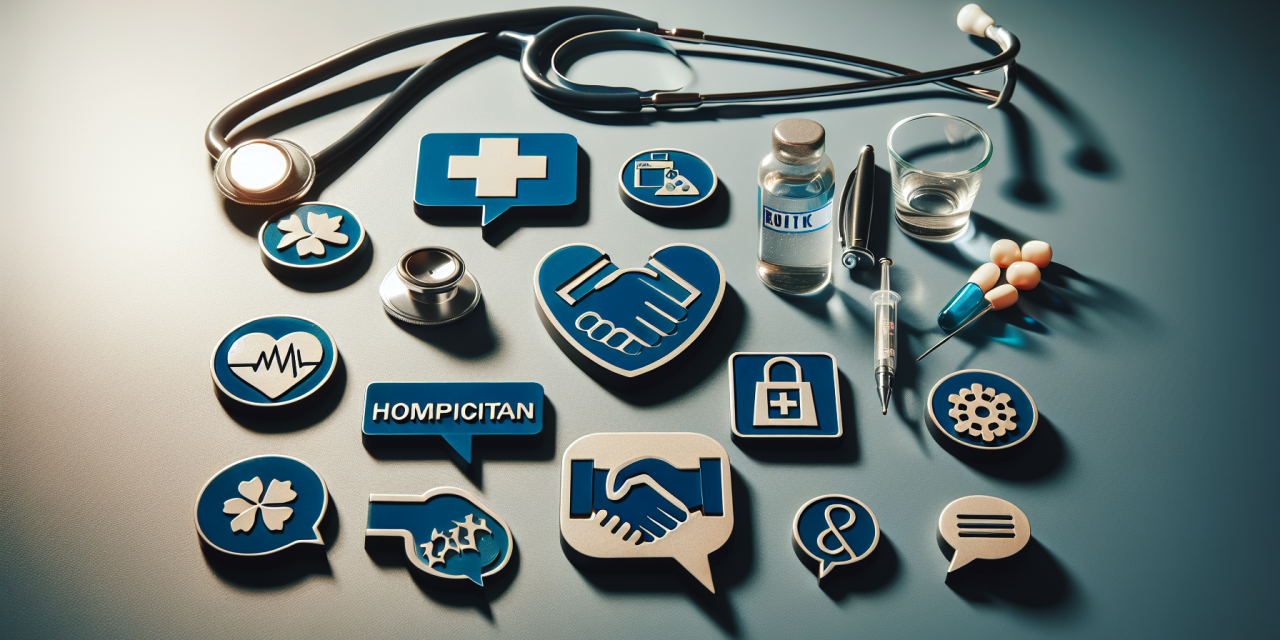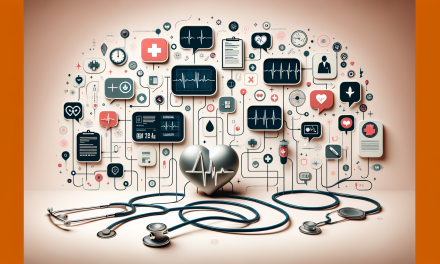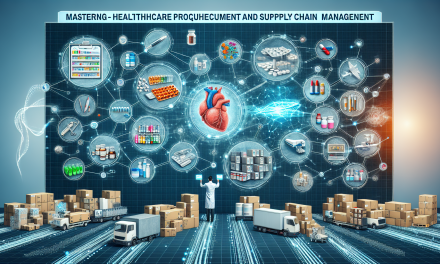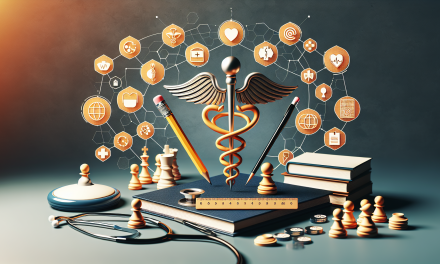Table of Contents
- Introduction
- The Importance of Effective Communication in Healthcare
- Core Skills of Hospital PR & Communication
- Strategies to Improve PR & Communication
- Overcoming Common Communication Challenges
- Utilizing Technology to Boost Communication
- Interactive Elements for Skill Development
- Frequently Asked Questions
- Conclusion
Introduction
In the dynamic world of healthcare, effective public relations (PR) and communication skills are essential to fostering strong relationships between hospitals and their communities. As medical institutions provide vital services, ensuring that departments efficiently communicate with patients, stakeholders, and the media becomes critical. This blog highlights practical approaches to refine these vital skills.
The Importance of Effective Communication in Healthcare
Communication within healthcare settings drives the organization’s overall effectiveness. When hospital staff communicates clearly, it enhances patient trust and satisfaction. Additionally, effective PR strategies facilitate positive media interactions, ensuring that the hospital’s message resonates positively within the community.
Building Trust and Credibility
Patients are more likely to trust healthcare providers when they receive transparent, honest communication. Building trust not only enriches the patient experience but also strengthens community ties. When hospitals share information proactively, they foster a culture of openness, which is incredibly beneficial.
Enhancing Reputation Management
In today’s digital age, where information spreads rapidly, managing a hospital’s reputation becomes increasingly sensitive. Skilled communication professionals work diligently to craft messages that represent the institution accurately. Moreover, by understanding the media landscape, they guide how to respond to inquiries and crises effectively.
Core Skills of Hospital PR & Communication
To excel in hospital PR and communication, certain core skills are indispensable. These skills help professionals navigate complex healthcare systems and engage various audiences. Let’s explore these crucial competencies.
Active Listening
Active listening involves genuinely engaging with what others say and responding thoughtfully. When professionals take the time to listen attentively to patients and staff, they gain insights that refine communication strategies and enhance service delivery.
Clarity in Messaging
Clear and concise messaging prevents misunderstandings. Effective communicators know how to convey essential information in straightforward terms. Furthermore, they recognize the diverse literacy levels among patients, ensuring that communication remains accessible to all.
Empathy and Cultural Sensitivity
Understanding and empathizing with diverse backgrounds creates an inclusive environment. Hospital staff trained in cultural sensitivity can better relate to patients and their families, leading to improved interactions. This approach not only fosters respect but also enhances patient outcomes.
Strategies to Improve PR & Communication
To optimize public relations and communication approaches in hospitals, certain strategies can enhance these essential skills. Implementing targeted techniques can significantly influence patient satisfaction and overall success.
Regular Training and Development
One effective strategy includes continuous education tailored to hospital staff. Regular training sessions focus on refining communication techniques and integrating the latest industry trends. For instance, consider exploring the Hospital PR & Communication Skills Training Course, which equips personnel with practical skills relevant to their roles.
Establishing Feedback Channels
Creating robust feedback mechanisms allows hospitals to hear from patients and staff consistently. Surveys, suggestion boxes, and focus groups are invaluable tools for gathering insights. Subsequently, analyzing this feedback reveals areas for improvement in communication strategies.
Engaging with Digital Media
Incorporating social media and digital platforms broadens outreach capabilities. Hospitals that embrace modern communication channels can effectively engage with younger demographics. Regularly posting updates, health tips, and patient testimonials enhances visibility and builds a strong online community.
Overcoming Common Communication Challenges
Despite the best efforts, challenges often arise in hospital communication. However, recognizing and addressing these challenges leads to improved interactions and outcomes.
Mitigating Language Barriers
Language differences can create significant obstacles in healthcare. Employing bilingual staff or interpretation services can bridge these gaps effectively. Additionally, providing educational materials in multiple languages enriches patient comprehension and satisfaction.
Navigating Emotional Situations
Healthcare professionals frequently encounter emotionally charged scenarios. Approaching sensitive topics with care and compassion strengthens communication. Practicing empathy while conveying critical information ensures that patients feel valued and understood.
Utilizing Technology to Boost Communication
Advancements in technology offer numerous opportunities for hospitals to enhance their communication efforts. Leveraging tools effectively transforms how institutions connect with patients and stakeholders.
Implementing Patient Portals
Patient portals provide convenient access to personal health information, appointment scheduling, and direct messaging to healthcare providers. These platforms streamline communication, reducing confusion and empowering patients to take charge of their health.
Using Data Analytics
Data analytics can inform communication strategies by providing insights into patient demographics, preferences, and behaviors. By analyzing this data, hospitals can tailor their messages and outreach efforts accordingly, leading to greater engagement.
Interactive Elements for Skill Development
Integrating interactive elements into communication training yields substantial benefits. Practical exercises, simulations, and role-playing scenarios provide opportunities to practice skills in safe environments.
Group Workshops
Group workshops encourage collaboration among hospital staff while fostering a sense of community. Whether addressing specific PR challenges or communication styles, these workshops create a supportive atmosphere for shared learning.
Real-world Scenarios
Engaging with real-world scenarios during training fosters critical thinking and problem-solving. Staff members can collaboratively navigate complex situations, promoting confidence in their communication abilities.
Frequently Asked Questions
Why is PR and communication important in hospitals?
Effective PR and communication enhance patient trust, improve satisfaction, and manage the hospital’s reputation. Clear communication fosters a positive environment for both patients and staff.
How can hospitals improve their communication skills?
Hospitals can improve communication skills through regular training, establishing feedback channels, and embracing digital media. Continuous education ensures that staff stays updated with best practices.
What role does empathy play in hospital communication?
Empathy allows hospital staff to connect meaningfully with patients. By understanding patients’ emotions and experiences, healthcare professionals foster trust and open lines of communication.
Conclusion
In conclusion, enhancing PR and communication skills in hospitals is not merely beneficial—it is essential. The effective delivery of messages can significantly impact patient satisfaction and the institution’s reputation. By focusing on active listening, clarity, empathy, and strategic implementation, hospitals can create environments where communication thrives. Therefore, investing in training resources such as the Mastering Healthcare Communication: Essential Skills for Professionals becomes vital. Together, these efforts lead to more engaged patients and a stronger community health framework.




